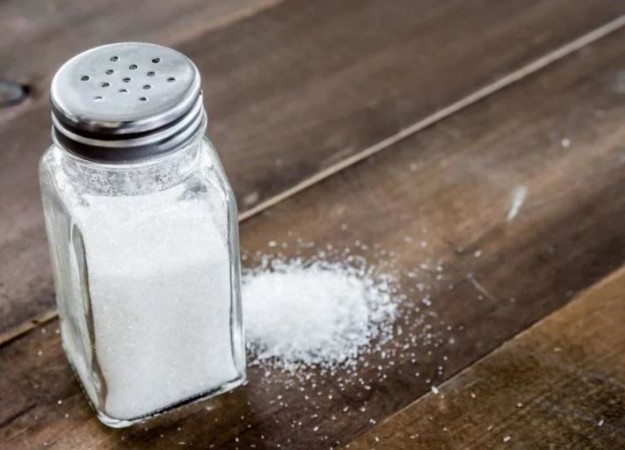
In the contemporary world, where fast-paced lifestyles and dietary choices play a pivotal role in shaping our health, the impact of salt consumption cannot be overstated. This article delves into the multifaceted dangers associated with excessive salt intake, dissecting each aspect to provide a comprehensive understanding of the risks involved.
High Blood Pressure and Cardiovascular Risks:
Excessive salt intake has been unequivocally linked to elevated blood pressure, a precursor to various cardiovascular issues. The intricate mechanisms by which salt influences blood pressure and the subsequent implications on heart health warrant thorough exploration.
Fluid Retention and Swelling:
One of the immediate effects of consuming too much salt is fluid retention, leading to discomforting swelling. Delving into the physiological processes involved helps unravel the connection between salt, water balance, and the resultant impact on the body.
Osteoporosis and Bone Health:
The intricate relationship between salt, calcium, and bone health is often overlooked. Uncovering how excessive salt can contribute to calcium loss and the subsequent risk of osteoporosis provides valuable insights for maintaining skeletal well-being.
Skin Problems and Sodium Content:
The sodium content in salt can have profound effects on the skin, ranging from irritation to increased vulnerability to infections. A detailed examination of how salt interacts with the skin and potential preventive measures is crucial for holistic health discussions.
Cardiovascular and Kidney Interplay:
Beyond high blood pressure, the impact of salt on cardiovascular health extends to its role in kidney function. Understanding how salt affects blood vessels, fluid balance, and the kidneys sheds light on the interconnected risks faced by these vital organs.
Optimal Salt Consumption Guidelines:
Navigating the delicate balance between too much and too little salt is a challenge. Unraveling the recommendations provided by health organizations and experts offers practical insights into establishing a balanced approach to salt consumption.
The Role of Rock Salt (Sendha Namak) in Ayurveda:
Exploring the traditional wisdom of Ayurveda regarding salt consumption introduces the concept of using rock salt, known as Sendha Namak. Analyzing its potential benefits and whether it stands as a healthier alternative adds depth to the discussion.
Homemade Meals and Processed Foods:
Examining the role of homemade meals in controlling salt intake provides actionable advice for individuals seeking to make informed dietary choices. Simultaneously, shedding light on the hidden salt content in processed foods reinforces the importance of mindful eating.
Moderation as a Key Principle:
Unraveling the concept of moderation in salt consumption is crucial for promoting a sustainable and healthy lifestyle. This section delves into the challenges of moderation and provides practical tips for achieving a balanced approach.
In conclusion, a nuanced exploration of the dangers associated with excessive salt consumption goes beyond surface-level awareness. By dissecting each aspect, from physiological mechanisms to cultural practices, this article aims to equip readers with a thorough understanding of the risks involved. Ultimately, fostering awareness and encouraging informed choices can pave the way for a healthier and more balanced approach to salt consumption.
What is Seborrheic Dermatitis: Causes, Symptoms, Prevention, and Precautions
Does sitting in the sun turn black?
If you eat too many oranges in winter then do not eat them at all...this can be a serious disease